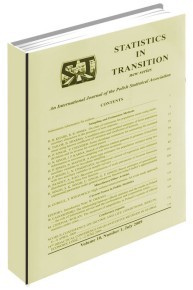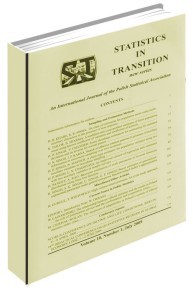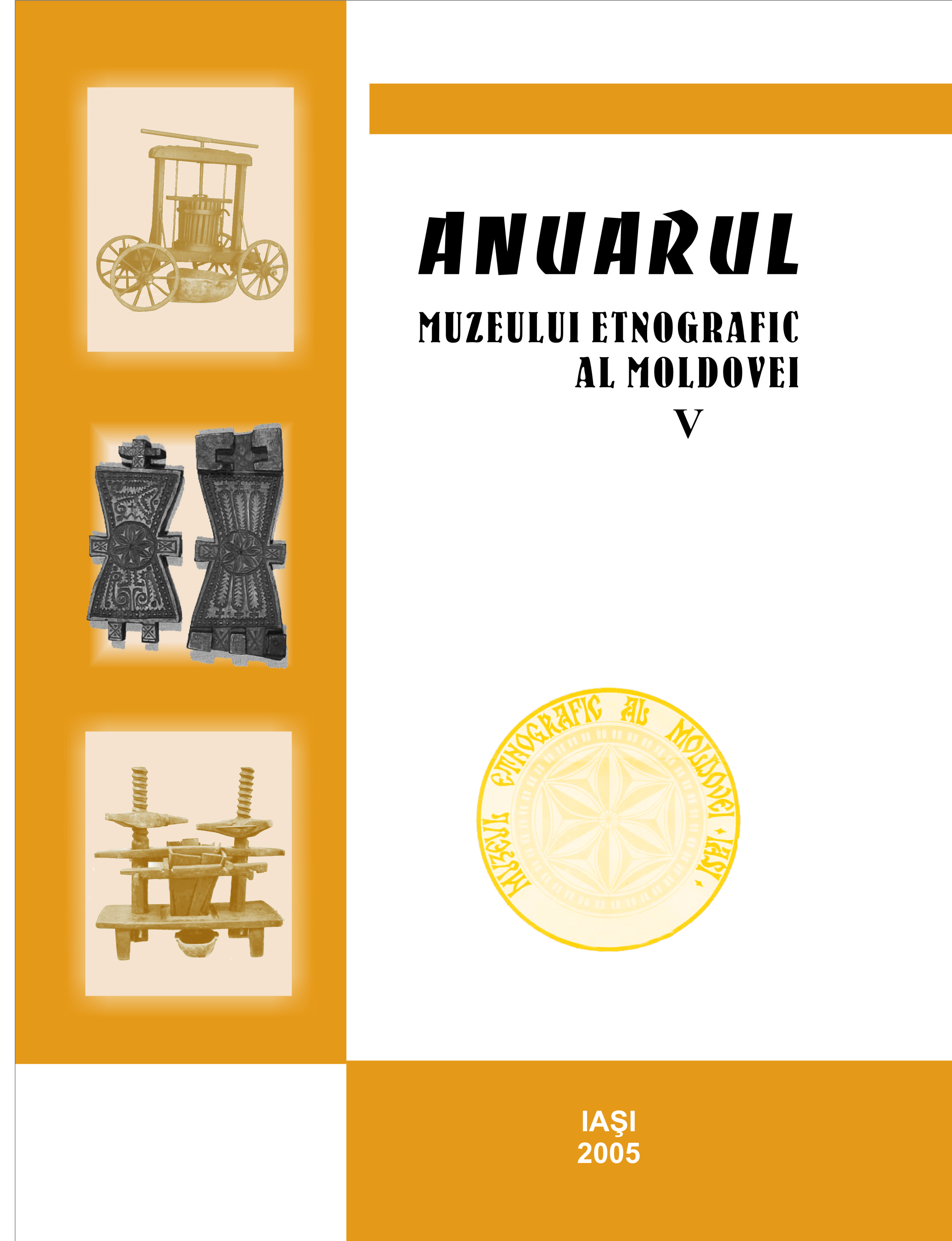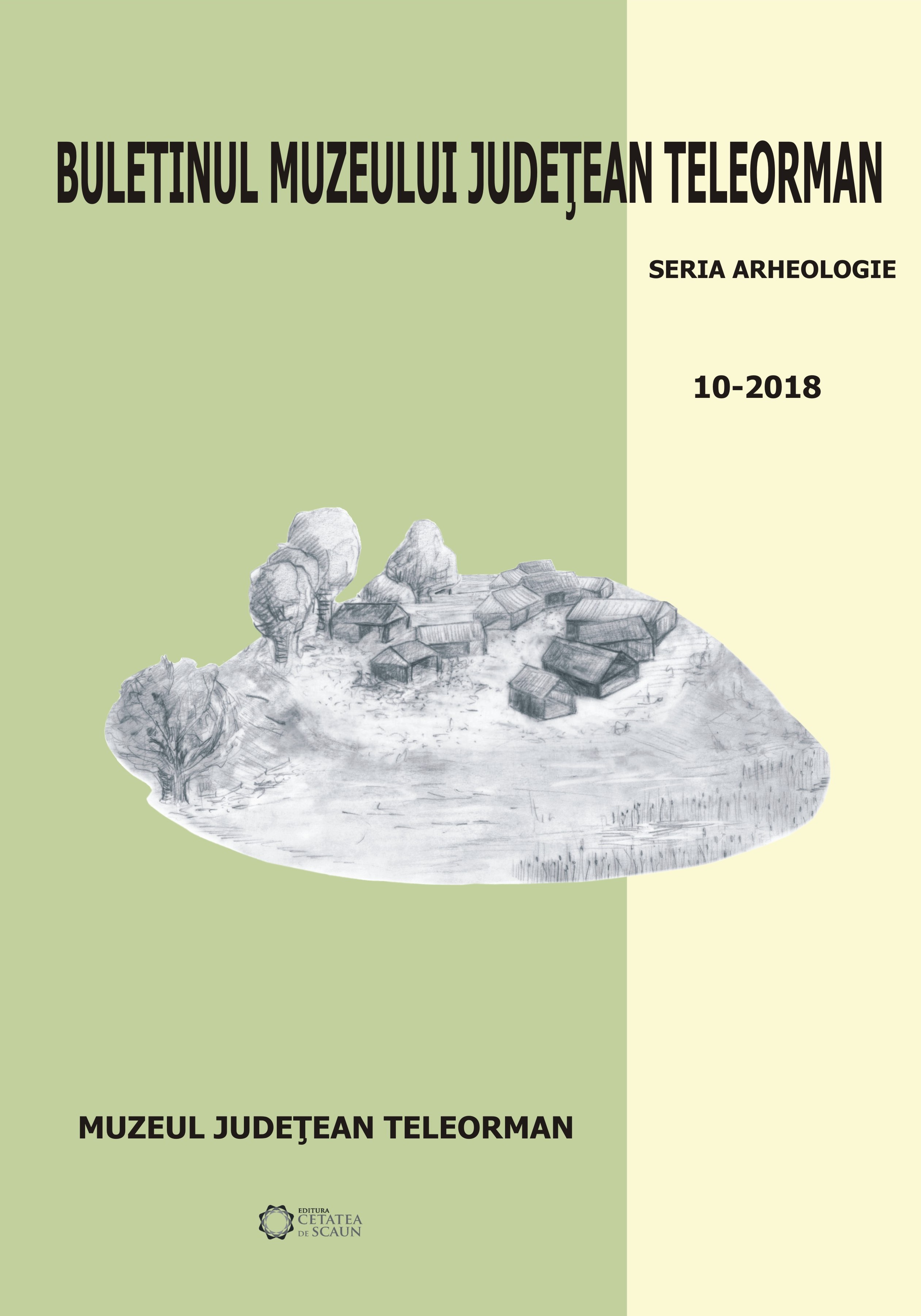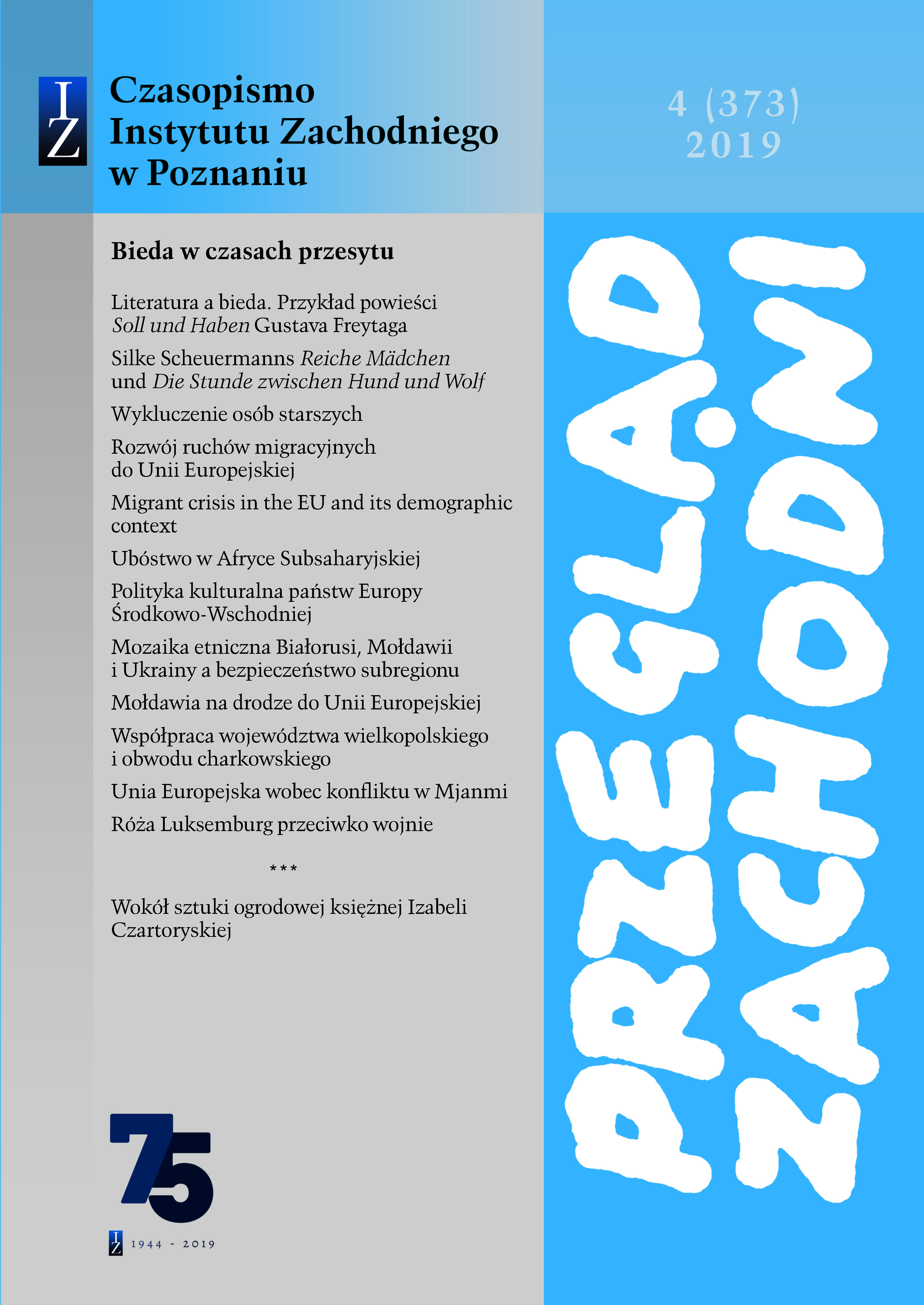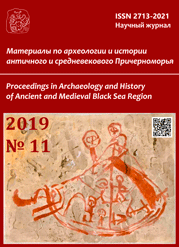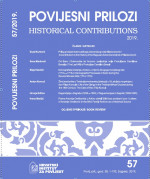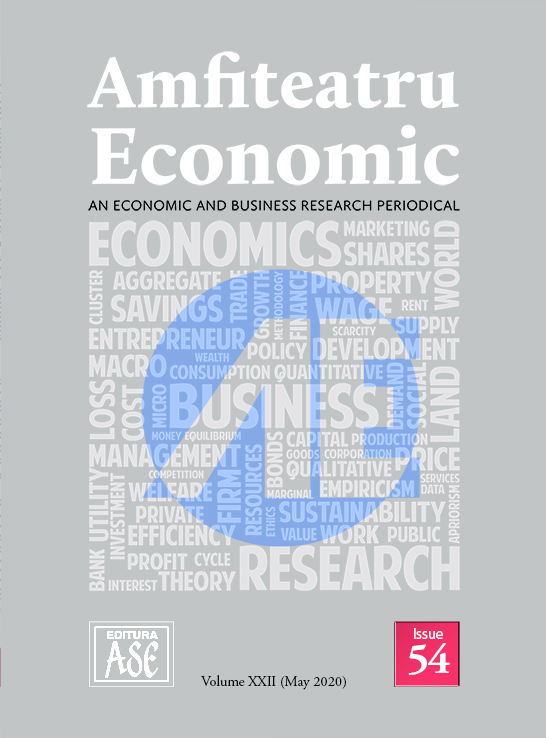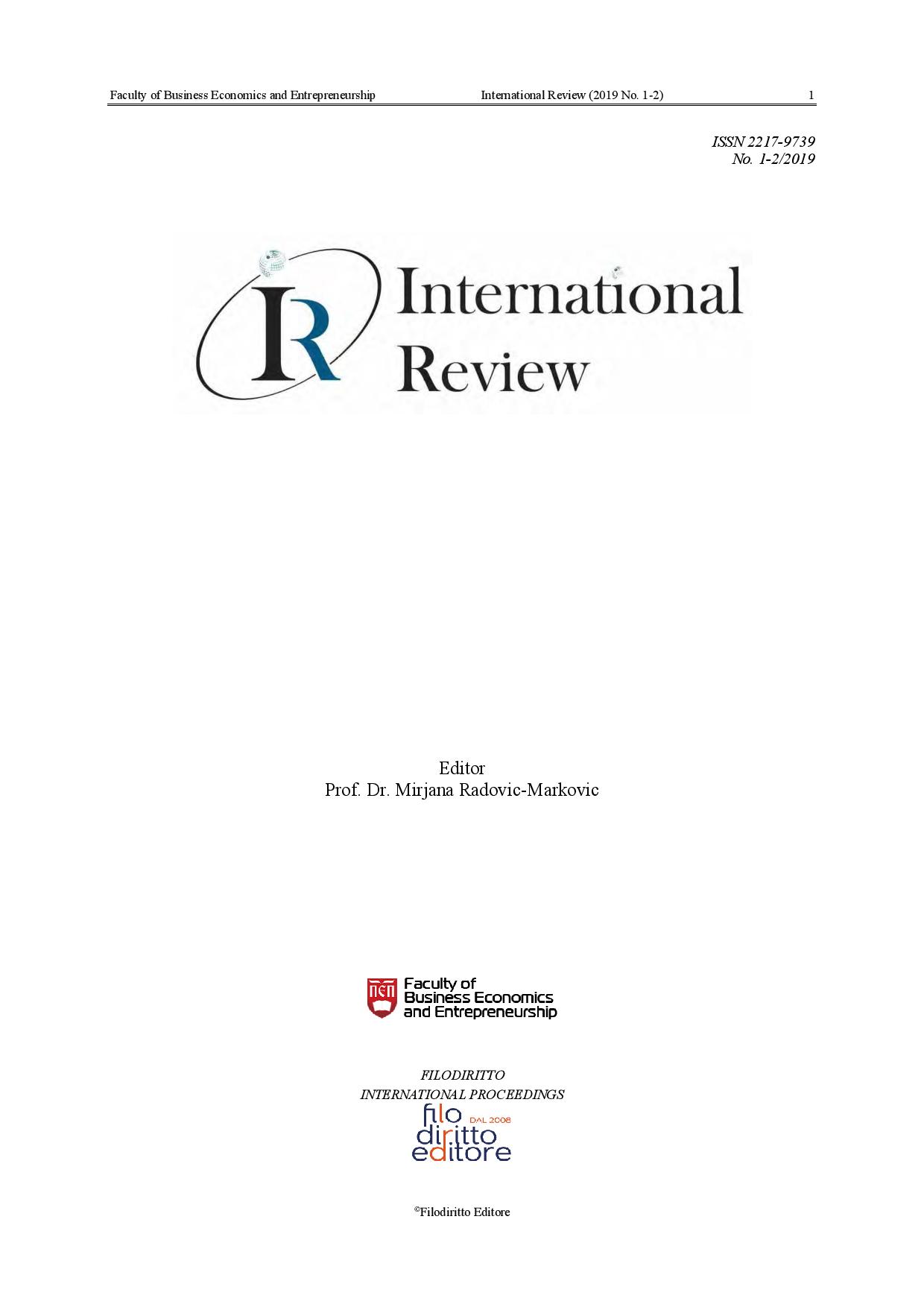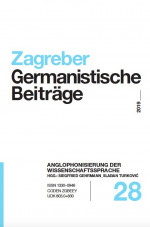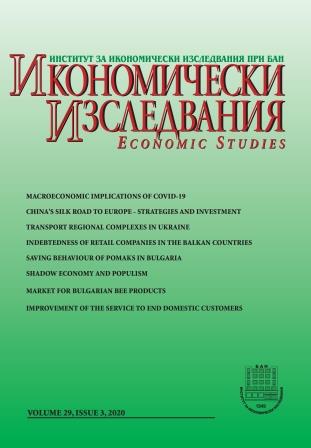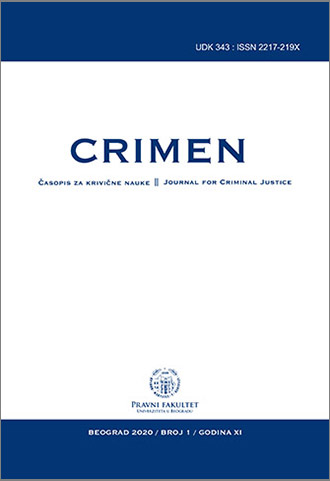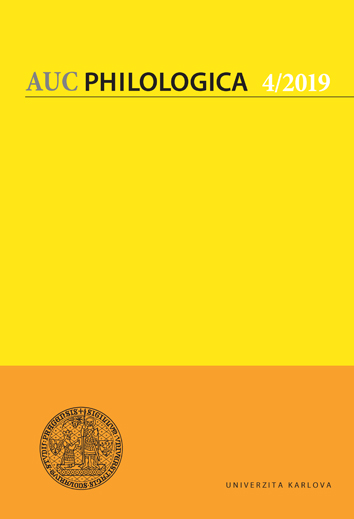The Albanian Prizren League factor and beyond: distinct developments exposed by the Western sources
Author(s): Arben J. Salihu / Language(s): English
/ Issue: 2/2019
Keywords: Prizren League; Albania; Ottoman Empire; Serbia; Montenegro; war;
For many countries in Europe, both in the West and in the East, the nineteenth century was critical in their respective paths towards the attainment of national independence goals. Each nation had its own unique struggles in that political course. Albania, and the Albanian nation was no exception. The seizure of the Albanian territory by the Montenegro, Serbia and Greece during the last two centuries severely affected the Albanian nation. The aim of this research, however, is not to focus exclusively on the ways and means related to Albanian territory division, but to delve into foundations of the selected events, with great impact to the Albanian nation. The current developments and challenges in the Albanian territories in the Balkans cannot be productively analyzed without examining the historical context, within which, the Prizren League played a critical part. Indeed, even though the League, at the time, was largely overlooked by the Western powers, still played, an important role in the ensuing Albanian historical developments. The League, initially an Ottoman supporting mechanism, of mutual (AlbanianOttoman) interest, developed into an autonomous organization revolting to the perceived enemies of the Albanian cause, later, even against the Ottomans. This study aims to highlight the causes of the formation of the Prizren League, its activities, Albanian revolts against the perceived enemies and other related topics that painted their ordinary life, in the stipulated period. The objective of the research is to focus exclusively on the Western sources visa-a-vis the examined topics in an endeavor, to present, as much as possible, an unbiased picture of events and developments. Numerous themes have been explored in light of many old and authentic sources, in an attempt to enrich the quantity of the examined themes with qualitative inputs. The study also delves briefly on the Western powers’ interest in ‘solving’ the Albanian question in rather idiosyncratic way. Finally, the study concludes that the Prizren League establishment and their respective commitment, determination and cohesion, not only played a critical role at the time, but even today still serves as an inspiration, to the younger generation of Albanians, across the Balkans and beyond.
More...
